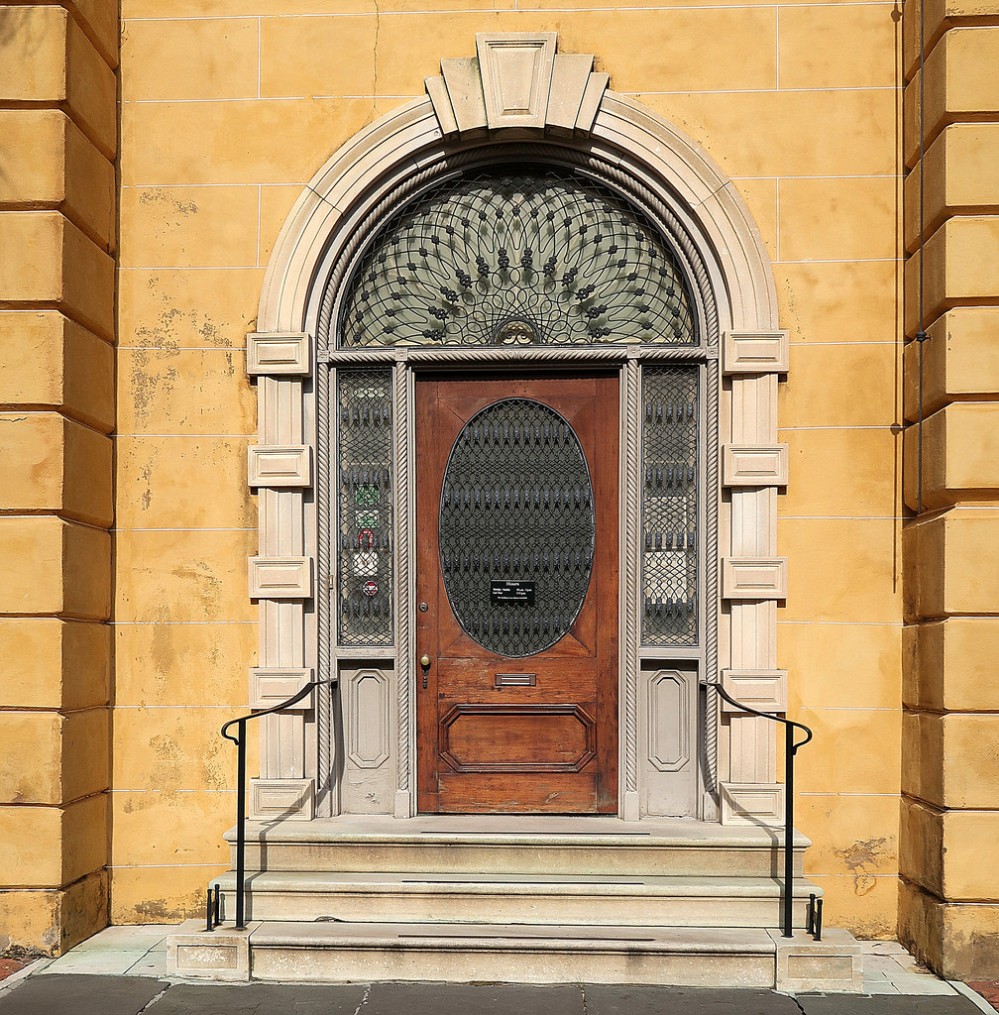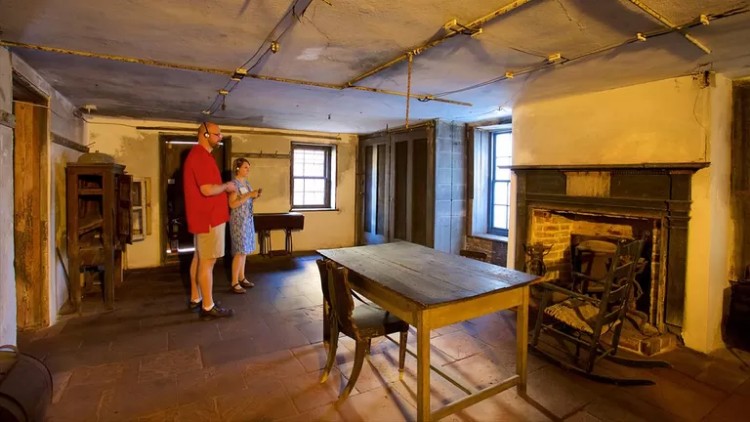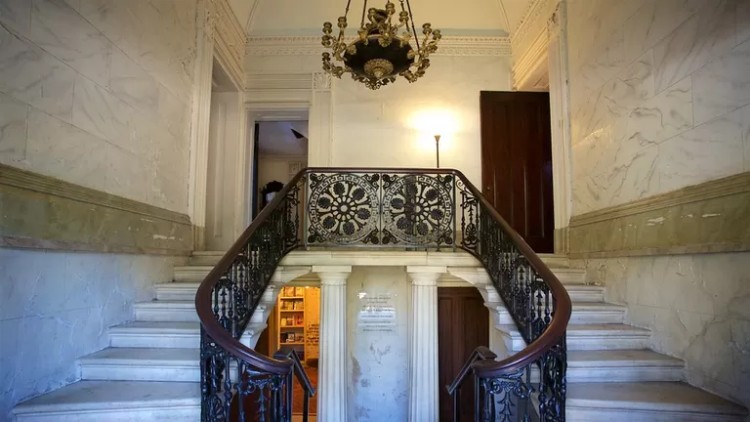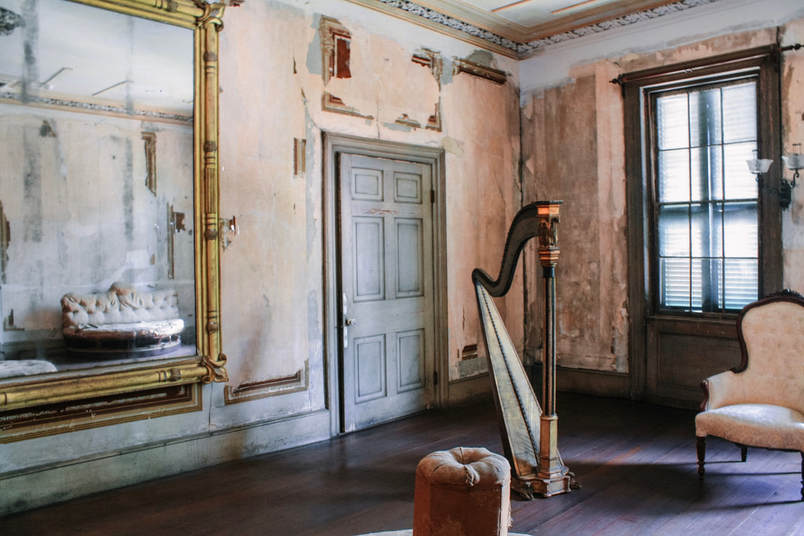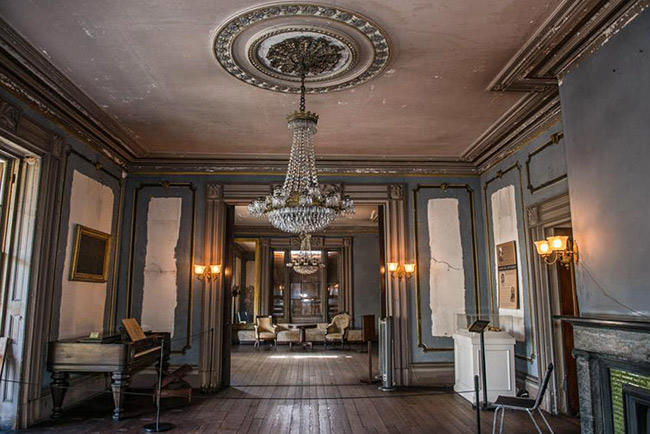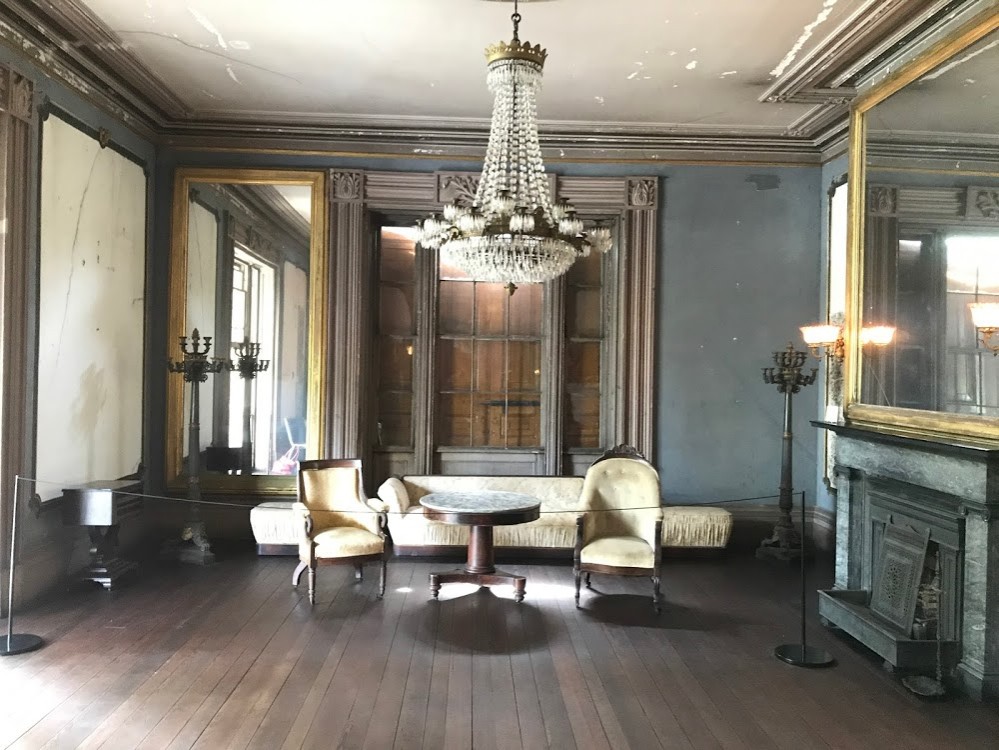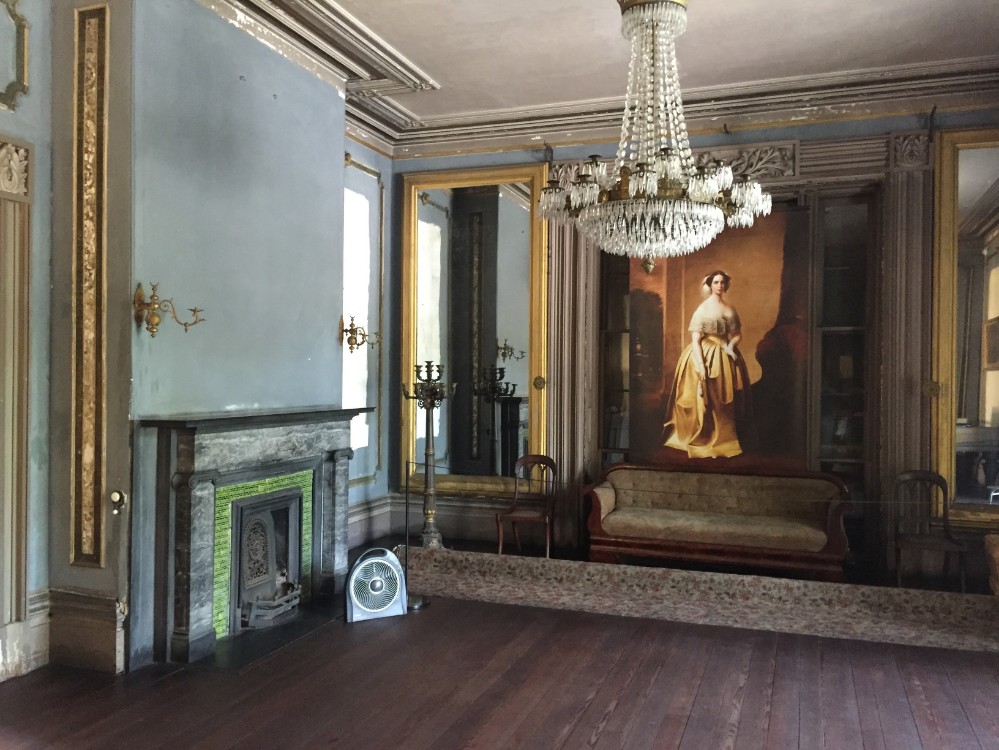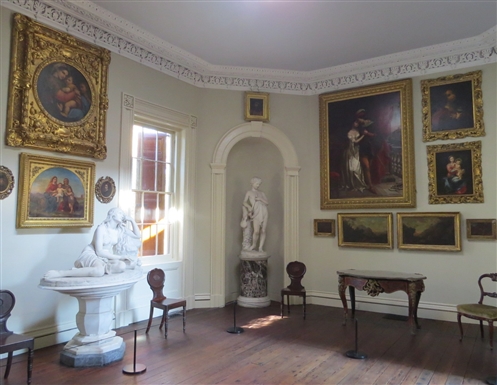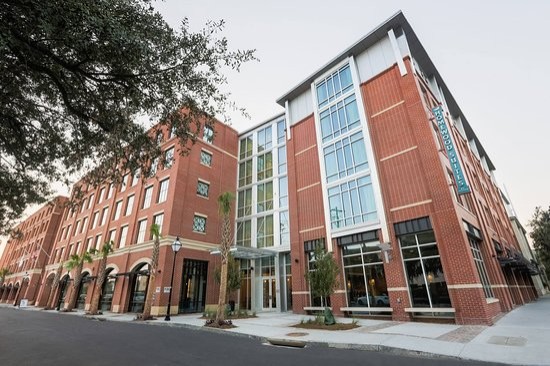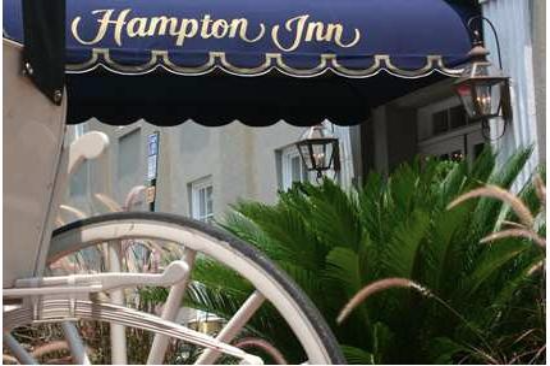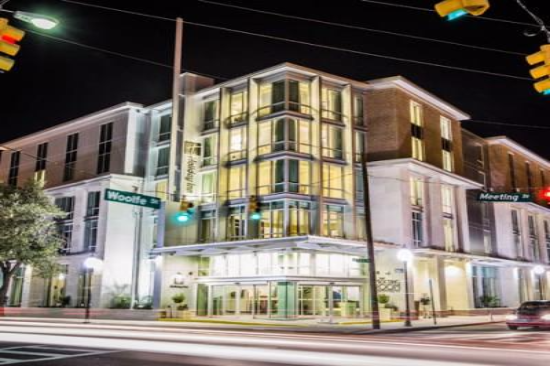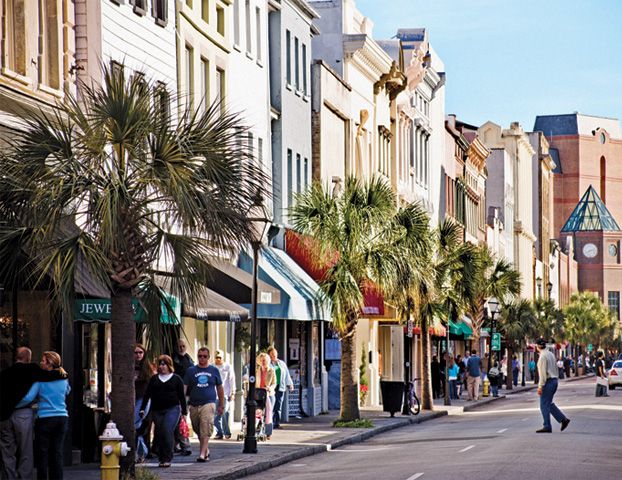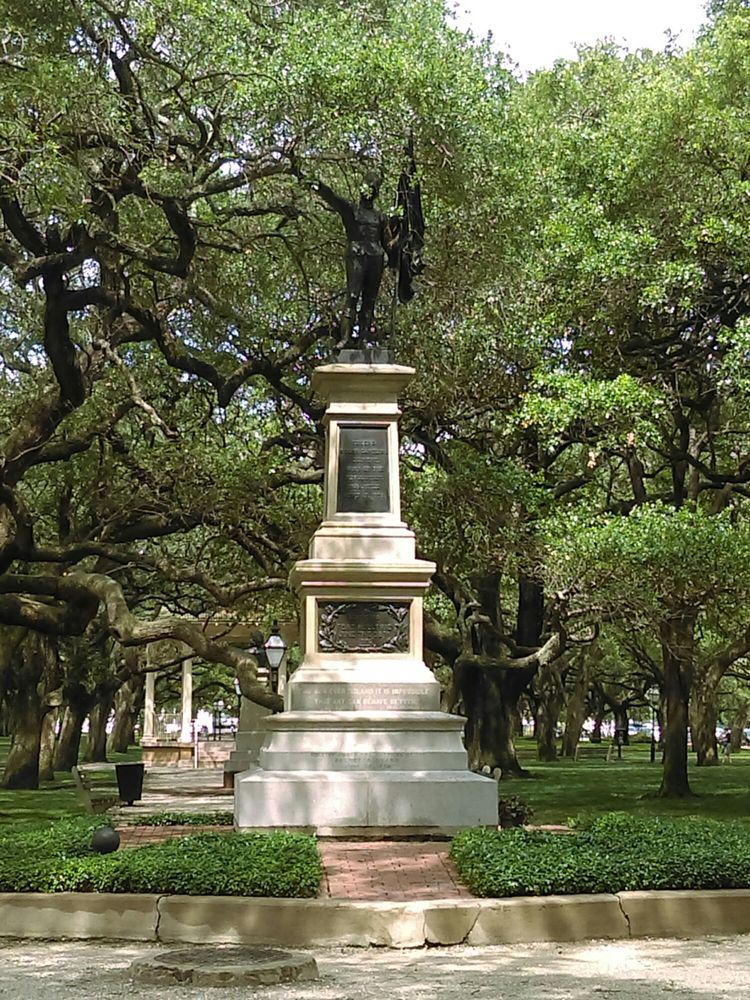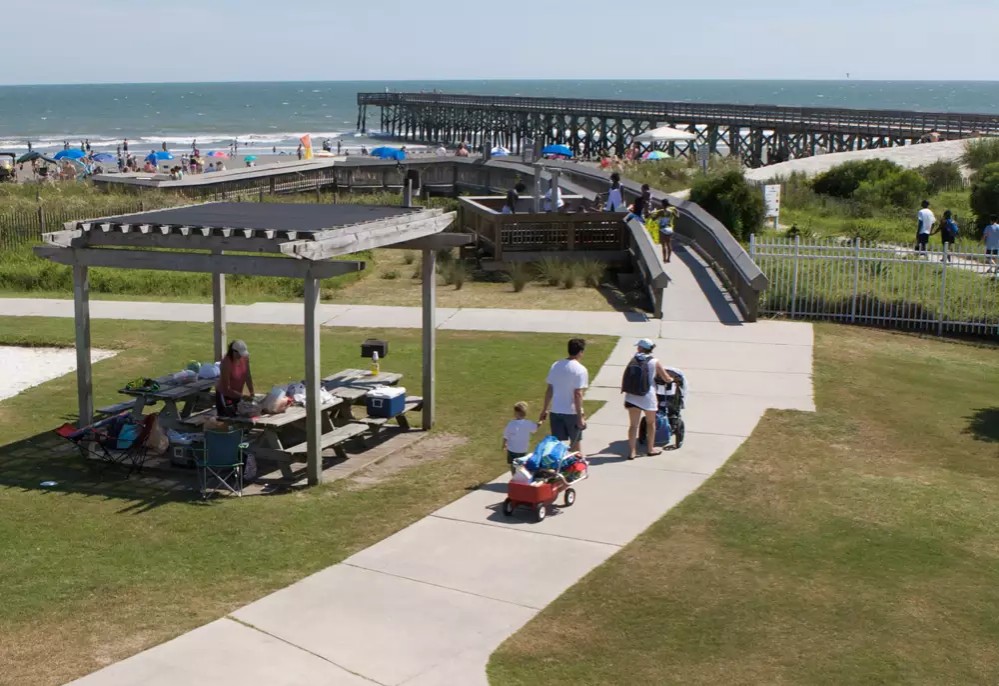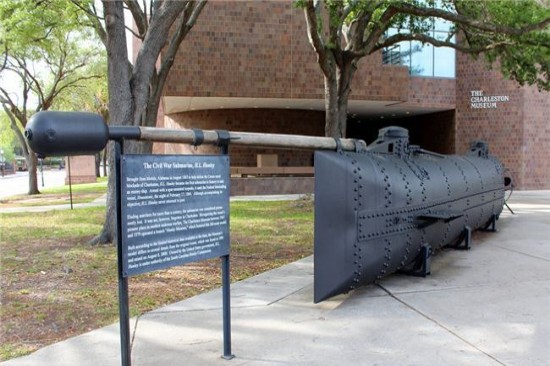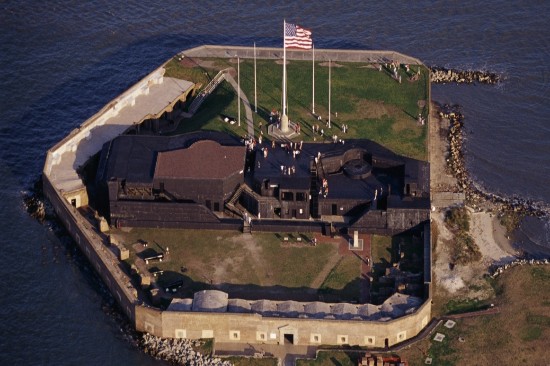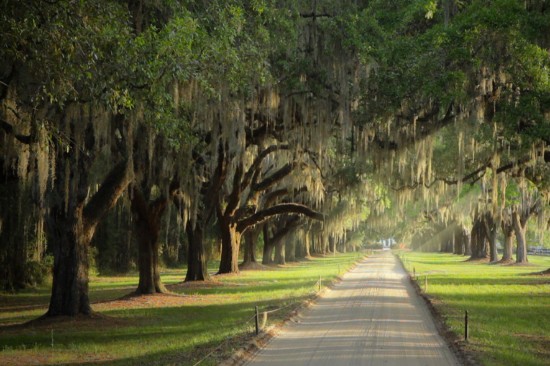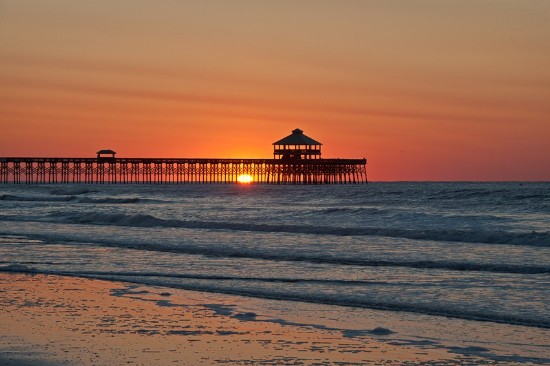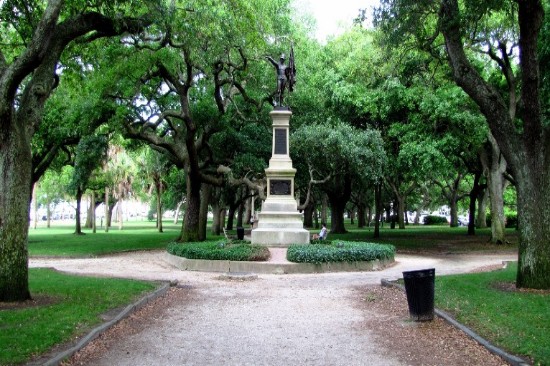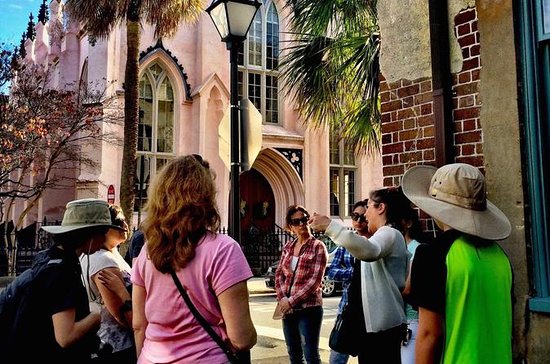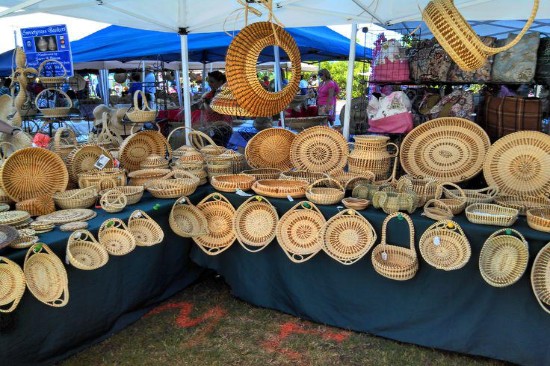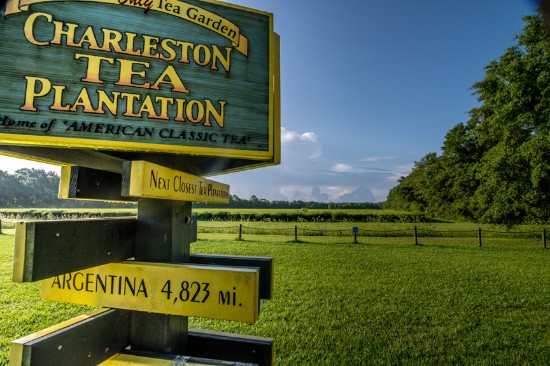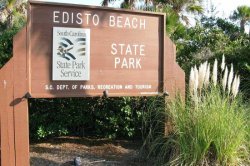Aiken-Rhett House
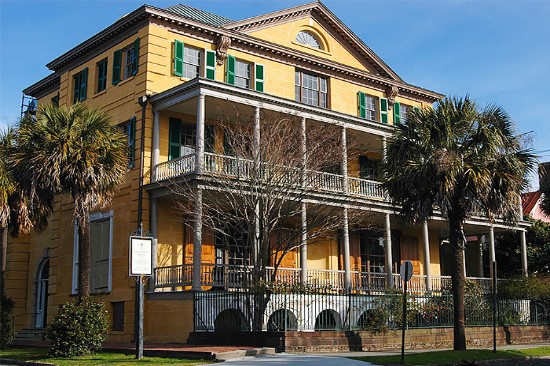
The Aiken-Rhett House was originally built by John Robinson in 1820 and then sold to William Aiken Sr. in 1827. Aiken died a few years later, and the house was left to his son William Aiken Jr. who was the former Governor of South Carolina from 1844 -1846. William Aiken Jr. renovated and expanded the house in the 1850’s. The house was then passed down and remained in the family for 142 years until it was bought by the Charleston Museum and opened as a house museum in 1975. The Historic Charleston Foundation purchased the House in 1995. Much of the original style of the house has been preserved and it is one of the few houses that has not been restored. You will see the original wallpaper, original paint colors, and some original furnishings. In the back of the house, the slave quarters, kitchen and yard remain as they were when the original occupants lived in the house. Tickets can be purchased at the door and combo tickets can be purchased for the Aiken-Rhett House and the Nathaniel Russell House. Allow 1-2 hours to tour the house, slave quarters and kitchen.
Aiken-Rhett House Photos
Click Photos to Enlarge
Click Photos to Enlarge
Aiken-Rhett House Hours and Admission
Hours:
Open Tues - Sun 10 am - 4 pm
Monday - 1 pm - 4 pm
Last tour begins at 4 pm
Aiken-Rhett House Admission:
Adults (17+) $16
Child (6-16) $7
Children under 6 Free
Combo Admission for Aiken-Rhett House and Nathaniel Russell House
Adult combos $24
Child 6-16 combos $12
Note about Summer Hours - On days with extreme heat, the Aiken-Rhett House Museum may close early. Please call (843) 723-1159 to verify the schedule on hot summer days.
Aiken-Rhett House Address and Map
Aiken-Rhett House
48 Elizabeth St
Charleston SC 29403
(843) 723-1159
Aiken-Rhett House Website
Current and Upcoming Events
at the Aiken-Rhett House
What: Family Day at Aiken-Rhett House
When: Oct. 4, 2025
Time: 3 pm - 6 pm
Where: On the perimeter of Boone Hall (2434 N. Hwy. 17, Mt. Pleasant, S.C. 29464)
Admission: (21+) $25 / (4-20) $18 / (3 and under) Free
Join us for a family favorite event - back for the fourth year at the Aiken-Rhett House museum! Enjoy tours, historic games, and activities plus more to enjoy! All proceeds support HCF and the house's continued preservation. Tickets go on sale August 1st.
Hotels Near the Aiken-Rhett House
Find top-rated hotels at the lowest prices on Tripadvisor
More things to do in Charleston
- Home
- Things to do in Charleston SC
- Charleston SC Attractions
- Aiken Rhett House
Copyright © 2009-2025 visit-historic-charleston.com
